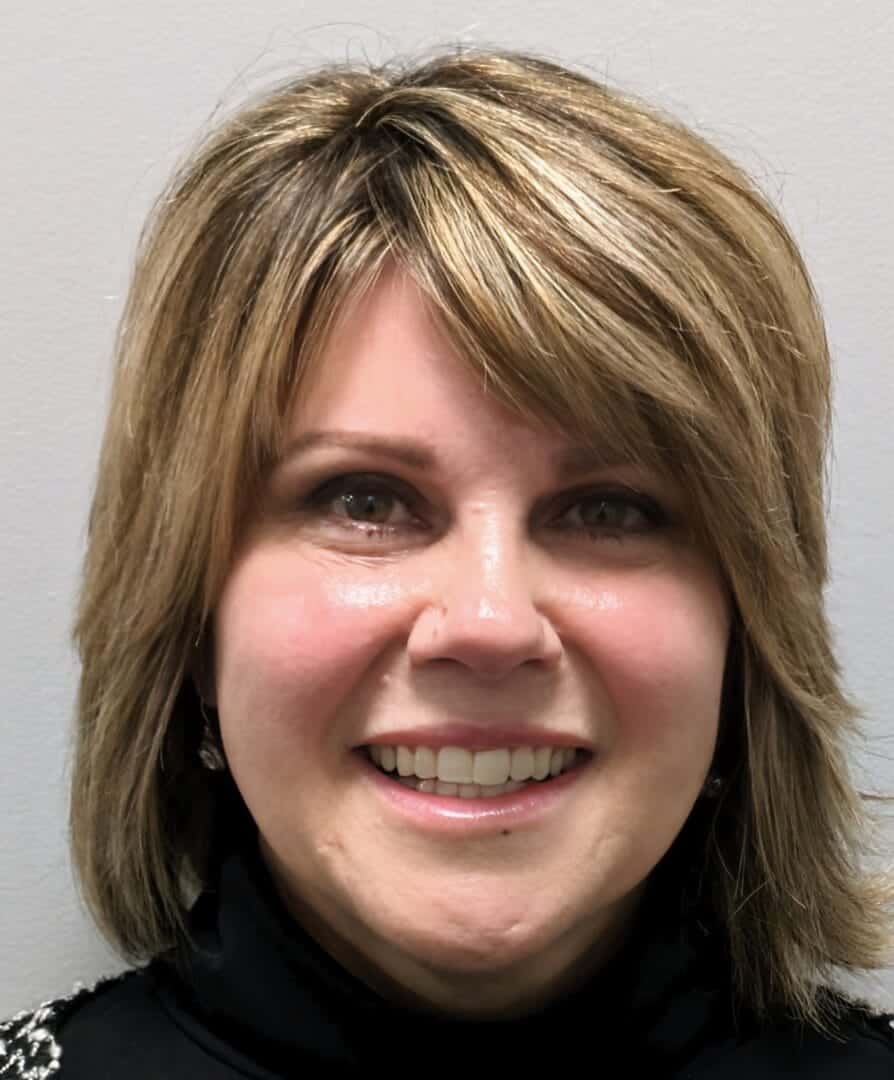Key Takeaways
- A partial hospitalization program (PHP) gives those who are recovering from alcohol abuse a lot of help without having to remain overnight.
- People who wish to keep their jobs while they heal may use PHPs.
- A structured regimen for treatment includes medical supervision, behavioral therapy, and peer support.
- Addiction treatment centers provide specialized PHPs for working individuals.
- PHPs help people stay successful in the long term by arranging aftercare, preventing relapses, and holding people accountable.
Introduction
Many professionals find it hard to balance their demanding jobs with their desire for addiction treatment. People often fail to receive the care they need due to fear of losing their job, reputation, or professional standing. A partial hospitalization program (PHP) fills this gap by providing full alcohol rehabilitation while letting people keep up with their family and professional obligations. PHP is different from inpatient rehab since it only needs a complete residential stay. Instead, it offers organized, evidence-based therapy during the day and lets you go home at night. This flexibility makes it an excellent choice for professionals who want to focus on becoming better without giving up their job advancement. More and more people are seeing PHPs as one of the best middle-ground options for addiction treatment programs in Chandler, AZ.What Sets a Partial Hospitalization Program Different From Inpatient Care?
People typically call PHP the “bridge” between inpatient rehab and outpatient treatment. PHP participants go to organized sessions for many hours a day, five to seven days a week. This is different from inpatient treatment, which requires them to live at a facility 24/7. This concept enables professionals to receive the intense treatment they need without interrupting their regular activities. Services usually include:- Help with alcohol detox programs when it’s medically necessary.
- Individual treatment to deal with mental health problems that are causing issues.
- Group sessions that hold people accountable and provide peer support.
- Family therapy to rebuild trust and communication.
- Workshops that teach people how to deal with stress at work without turning to alcohol.

How Can PHP Help Professionals Become Better?
Professionals have unique challenges when it comes to getting help for substance abuse. People may be hesitant because they are afraid of being criticized by colleagues, losing customers, or missing out on professional opportunities. A PHP addresses these concerns by offering:- Privacy: Programs are set up to respect professional and personal boundaries.
- Flexible scheduling: Some programs allow patients to attend treatment sessions while still working.
- Specialized therapy: Treatment often includes stress management, creating boundaries, and coping with professional responsibilities.
Why Is It Important to Detox From Alcohol Before Going to a PHP?
For those who have been drinking heavily or for a long time, an alcohol detox program is frequently the first step. When you stop drinking, you may experience severe withdrawal symptoms, including anxiety, insomnia, seizures, and delirium tremens. Detoxing at home without medical support can be dangerous. At a PHP, detox is either done on-site or arranged through a local detox center. Medical staff monitor withdrawal symptoms, provide medications when necessary, and ensure safety. After detox, patients transition smoothly into the therapy stage. This integration helps establish a strong foundation for long-term recovery. Research from the National Library of Medicine highlights that structured PHPs can support lasting recovery outcomes after alcohol detox.How Can PHPs Help People With More Than One Mental Health Problem?
Many professionals who struggle with alcohol addiction also have co-occurring conditions such as depression, anxiety, or burnout. PHP often provides dual diagnosis treatment, ensuring simultaneous care for both alcohol dependency and mental health disorders. This comprehensive approach may include:- Cognitive Behavioral Therapy (CBT) is used to change unhealthy thought patterns.
- Trauma-informed care for unresolved past experiences.
- Mindfulness and stress-relief practices to manage work-related anxiety.
What Part Does Peer Support Play in PHP Recovery?
It can be difficult for professionals to open up about their struggles. In PHP, group sessions provide a safe space to share experiences, challenges, and successes. Connecting with peers who understand the journey fosters accountability, reduces stigma, and builds lasting support networks. Many professionals continue these connections beyond the program, helping them maintain long-term sobriety.
How Can Planning for Aftercare Help Prevent Relapse?
Finishing a PHP is not the end of rehabilitation; it is the beginning of a lifelong recovery journey. Effective PHPs provide detailed aftercare planning, which may include:- Transitioning into an intensive outpatient program (IOP).
- Continuing therapy with licensed professionals.
- Joining 12-step or non-12-step recovery groups.
- Using learned coping strategies in daily life.
Conclusion
A partial hospitalization program offers professionals the balance they need to heal while maintaining their careers. PHPs combine medical support, evidence-based therapy, and peer accountability, making them a practical and effective path to lasting sobriety. If you or someone you know is searching for addiction treatment programs in Chandler, AZ, consider a PHP as a proven solution. The right program can help you recover, regain confidence, and build a healthier future. At Virtue Recovery Chandler, we provide compassionate, evidence-based treatment tailored for professionals. Call us at 866-338-5779 today to learn how our PHP can support your recovery journey.How Can a Partial Hospitalization Program Support Long-Term Sobriety During Alcohol Recovery?
A Partial Hospitalization Program (PHP) offers structured support for individuals seeking to maintain sobriety during alcohol recovery. By providing intensive therapy and medical care, participants can build coping skills and connect with peers. For those in need, alcohol rehab in chandler for lasting recovery delivers the essential resources to thrive in their journey.
FAQs
What is the difference between a PHP and an IOP?
A PHP is more intensive than an intensive outpatient program (IOP). PHP sessions usually happen daily, whereas IOP sessions are less frequent.Is it possible to keep working while in a PHP?
Yes. Many PHPs are designed for professionals and provide flexible scheduling to accommodate work obligations.How long does a PHP for alcohol recovery last?
The duration varies, but most programs run 4–6 weeks, depending on individual progress and treatment goals.Do you always have to detox before beginning a PHP?
Not always. Detox is only necessary if withdrawal symptoms pose health risks. A clinical evaluation determines if detoxification is required.Does insurance cover PHPs?
Yes. Many insurance providers cover PHPs, but coverage levels vary. It’s essential to check with both your insurer and the treatment center.Resources:
-
- National Library of Medicine. Alcohol Treatment Outcomes Following Discharge from a Partial Hospital Program. PMC, U.S. National Institutes of Health, https://pmc.ncbi.nlm.nih.gov/articles/PMC6419972/
-
- West Virginia Department of Health & Human Resources. “510.5 PARTIAL Hospitalization Program.” wv.gov, Bureau for Medical Services, West Virginia, https://dhhr.wv.gov/bms/Public%20Notices/Documents/Chapter%20510/510.5%20PHP.pdf
-
- Centers for Medicare & Medicaid Services. “LCD – Psychiatric Partial Hospitalization Programs (L33626).” CMS.gov, Centers for Medicare & Medicaid Services, https://www.cms.gov/medicare-coverage-database/view/lcd.aspx?LCDId=33626








